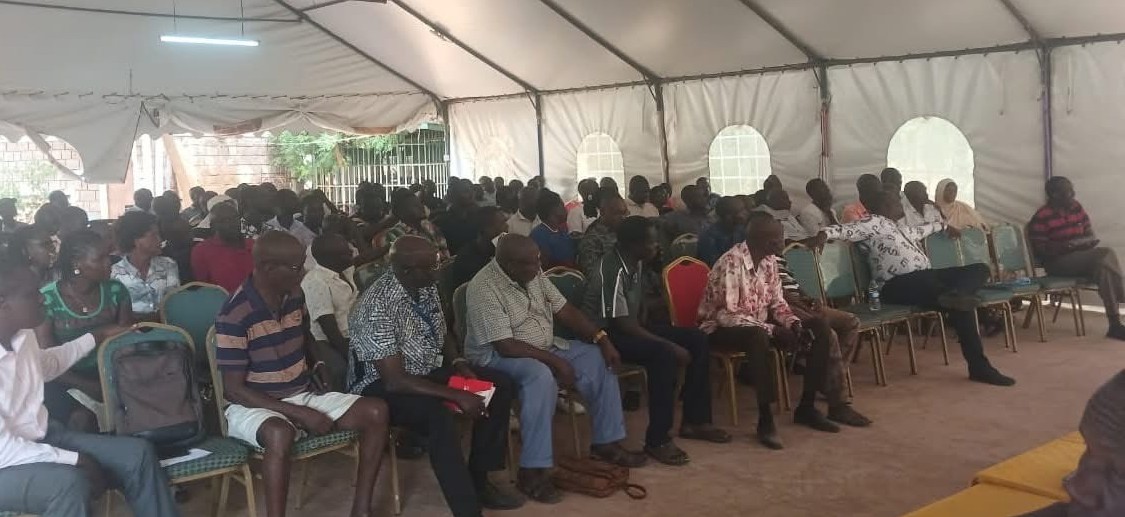Turkana water firm targets landlords to curb 55 per cent revenue loss from unpaid bills, leakages

An internal analysis reveals that non-revenue water—water produced but not billed—has exceeded 50 per cent, straining the company’s finances, discouraging potential investors, and stalling expansion plans.
The Turkana Urban Water and Sanitation Company is working with landlords in Lodwar to tackle rising revenue losses that are putting the utility’s financial stability—and its ability to operate—at risk.
An internal analysis shows that non-revenue water (NRW)—water produced but not billed—has exceeded 50 per cent. This has not only strained the company’s finances but also discouraged potential investors and stalled planned expansion efforts.
More To Read
- Leakages and inadequate tracking cause water firms in 15 counties to lose Sh10.5 billion
- President Ruto signs three key Bills to boost development, funding for counties
- Why households in Eastleigh’s California area pay more for water
- Governors want Sakaja given powers to manage Northern Collector Tunnel
- How to check water bills through self meter reading service
Managing Director Benedict Ekeru raised concerns over the high rate of unpaid bills, warning that it poses a serious threat to the company’s operations and long-term sustainability.
"While we are committed to ensuring a consistent and quality water supply, we recognise that landlords can play a critical role in ensuring their tenants are paying the water bills on time," he said during a public engagement forum in Lodwar town.
Financial strain
He noted that the current trend has placed a significant financial strain on the company’s daily operations and stalled its expansion plans. If left unaddressed, he warned, the challenge could further deter potential investors.
The managing director informed stakeholders that the company is transitioning from shared water meters to individual meters for each tenant.
He appealed to landlords to support the initiative by granting technicians access to their premises and encouraging tenants to take personal responsibility for their water usage and bill payments.
Service delivery concerns
During the public engagement forum, broader issues affecting service delivery were also discussed. These included water quality, slow response to pipe bursts and leaks, water conservation, vandalism, liquid waste management, and planned service interruptions for routine maintenance.
Mike Njagi, a landlord who attended the forum, welcomed the move and recommended integrating smart technologies into the individual metering system. He proposed solutions such as remote meter reading, real-time leak detection, and mobile alerts for prompt billing notifications.
“This approach is both timely and beneficial. We landlords are ready to support it fully,” he said.
A recent report by the Water Services Regulatory Board (WASREB) revealed that the national average for non-revenue water stands at approximately 47 per cent, lower than Turkana’s 55 per cent, which the report described as above average and unsustainable if not addressed.
The report attributed the losses to illegal connections, pipe bursts, and uncollected bills. It urged water service providers across the country to adopt practical and technological solutions to reduce water loss and improve billing efficiency.
Top Stories Today
















































